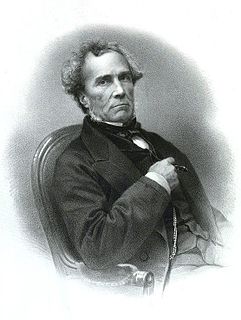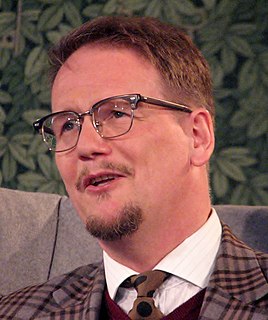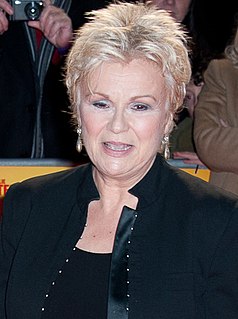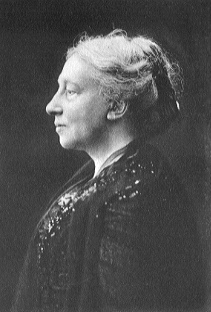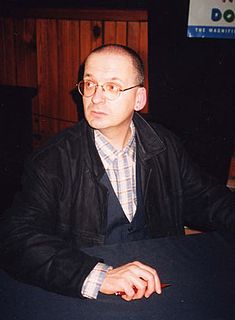A Quote by Gustave de Beaumont
Ireland is a little country which raises all the great questions.
Related Quotes
There is nothing little in God; His mercy is like Himself-it is infinite. You cannot measure it. His mercy is so great that it forgives great sins to great sinners, after great lengths of time, and then gives great favours and great privileges, and raises us up to great enjoyments in the great heaven of the great God.
The basic question that the 'new science' raises for our balance sheet is the issue of what scientific questions have not been asked for 500 years, which scientific risks have not been pursued. It raises the question of who has decided what scientific risks were worth taking, and what have been the consequences in terms of the power structures of the world.
The great philosophers of the 17th and 18th centuries did not think that epistemological questions floated free of questions about how the mind works. Those philosophers took a stand on all sorts of questions which nowadays we would classify as questions of psychology, and their views about psychological questions shaped their views about epistemology, as well they should have.
When the Irishman is found outside of Ireland in another environment, he very often becomes a respected man. The economic and intellectual conditions that prevail in his own country do not permit the development of individuality. No one who has any self-respect stays in Ireland, but flees afar as though from a country that has undergone the visitation of an angered Jove.
